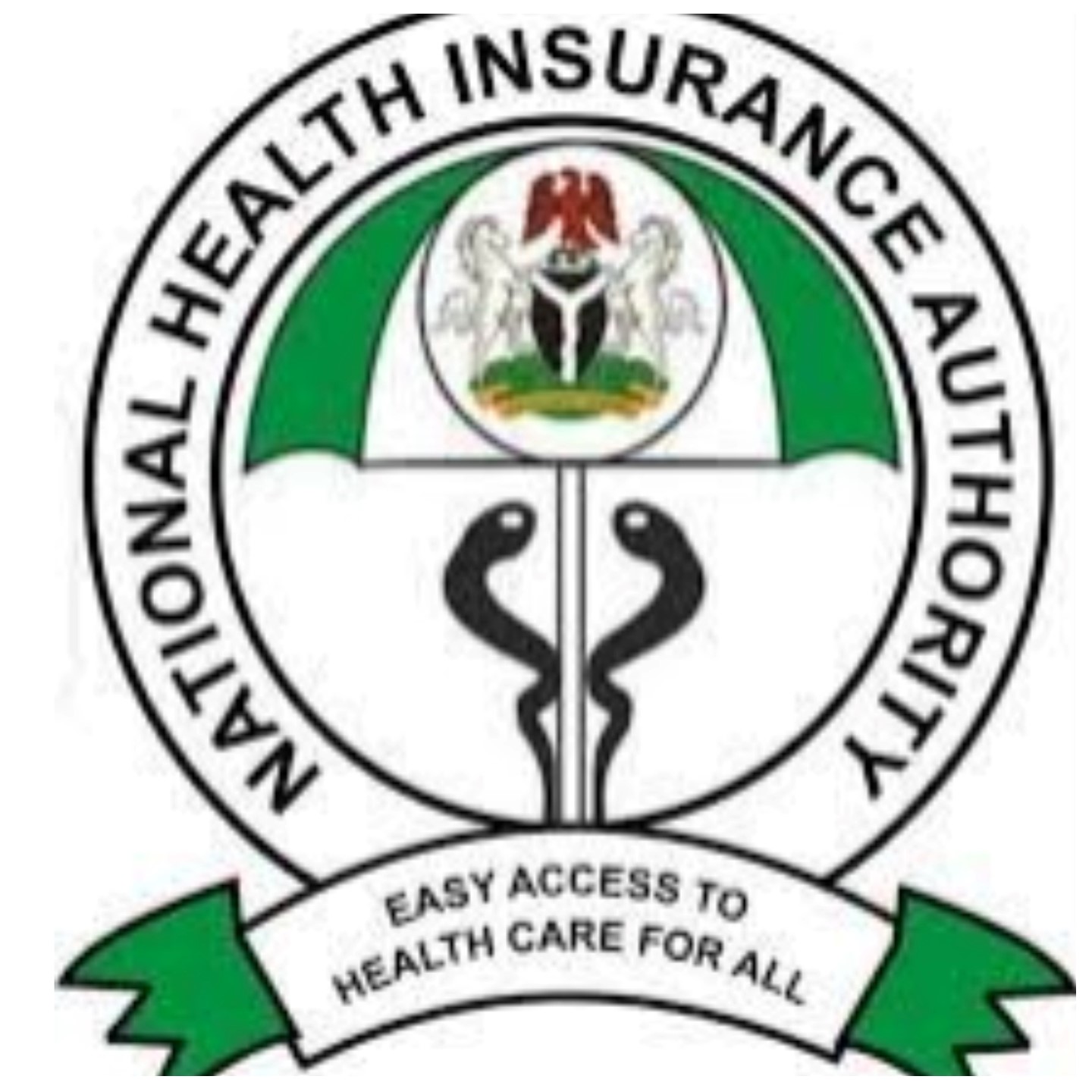One of Nigeria’s memorable ministers of health, Prof. Eyitayo Lambo, was convinced that achieving Universal Health Coverage (UHC) could only be through a social health insurance mechanism.
His vigorous pursuit of the groundbreaking Health Sector Reforms Agenda culminated in the commencement of coverage of Nigerians under the National Health Insurance Scheme (NHIS) as it then was, in 2005. On June 6 of that year, federal civil servants began to access prepaid health care services in their preferred hospitals.
Thus, the foundation for UHC was laid.
However, the NHIS legislation was fraught with certain difficulties, sufficient to hinder the development of an efficient health financing system.
In the main, the law made health insurance voluntary.
As early as 2005, efforts to amend that legislation began. Efforts finally came to fruition on May 19, 2022 when former President Muhammadu Buhari signed the NHIA Act into law, seventeen years after commencement of coverage of Nigerians under the tireless watch of Prof. Sambo as Chief Executive Officer of NHIA.
The NHIA Act is critically acclaimed as the most system-changing legislation in the health sector since independence in 1960.
The 60-section legislation makes health insurance mandatory for all citizens and legal residents.
The combined effect of sections 3(b) and 14(1) gives legal muscle to ensuring that every Nigerian accesses healthcare through the channel of health insurance.
In addition, it integrates all forms of health insurance in a decentralised federal structure as Nigeria.
In the aftermath of the enactment of the act, Prof. Nasiru Sambo-led NHIA has left no stone unturned in breathing life to this landmark legislation. Sensitisation workshops with critical stakeholders including State Health Insurance Agencies (SSHIAs), Health Maintenance Organisations (HMOs) and Health Care Providers (HCPs) aimed at bringing understanding of their roles and responsibilities under the new dispensation have been conducted.
The approval of the revised Operational Guidelines, the secondary law that puts flesh to the act, was sought and received from the Federal Ministry of Health.
In addition to the committee that reviewed the Operational Guidelines, two others to chart a course for the implementation of the act were set up.
The committees on Mandatory Health Insurance and Innovative Financing; these panels, which drew membership from relevant agencies and organisations, have turned in their reports. The reports of these committees will provide the basis for charting the course of Universal Health Coverage in the months ahead.
Specifically, the committee on Mandatory Health Insurance was to proffer ways of giving effect to the mandatory component of the law while the other on Innovative Financing gave insight to ways and means of pooling resources for the Vulnerable Group Fund.
Not a few Nigerians think that the mandatory component of the act means that government will pay required premiums for everyone in the thinking of free healthcare.
In all countries of the world where UHC has been achieved and social health insurance is in full operation, healthcare is paid for!
Mandatory is not synonymous with free medical care. Every Nigerian is expected to make a prepaid regular contribution for his healthcare.
For a fact, the United Kingdom government spent £160.4b on its National Health Service (NHS)- NHIA is Nigeria’s equivalent- in 2022. That fund was taken from that country’s general tax system.
Deriving from the fact that health insurance is paid for, the question is, what happens to those who are unable to pay?
Sections 25 and 26 establish the Vulnerable Group Fund (VGF) and itemise sources of funding to include: The Basic Health Care Provision Fund (BHCPF), Special Intervention Fund, Health Insurance Levy and Investment by the Authority.
At the signing of the act, former President Muhammadu Buhari put the figure of potential beneficiaries of the VGF at 83m Nigerians.
Another important aspect of the act is section 13 which provides for the operation of State Health Insurance Agencies (SSHIAs) and the Federal Capital Territory (FCT) health insurance agency.
By implication and law, the task of expanding coverage to 200m Nigerians now rests with not only the NHIA but also State Social Health Insurance Agencies (SSHIAs) across the country.
It is instructive to observe that section 2 hands NHIA the tripartite role of regulator, integrator and promoter of health insurance in Nigeria.
Also worthy of note is Section 34(2) which empowers NHIA to approve private health insurance offerings in the country. The net effect of this provision is the standardisation of health insurance services.
In a few words, the NHIA Act holds promise of providing financial access to affordable and quality healthcare to all Nigerians and legal residents, making UHC a reality.
Ononokpono is the Head, Media and PR, NHIA

 Join Daily Trust WhatsApp Community For Quick Access To News and Happenings Around You.
Join Daily Trust WhatsApp Community For Quick Access To News and Happenings Around You.



